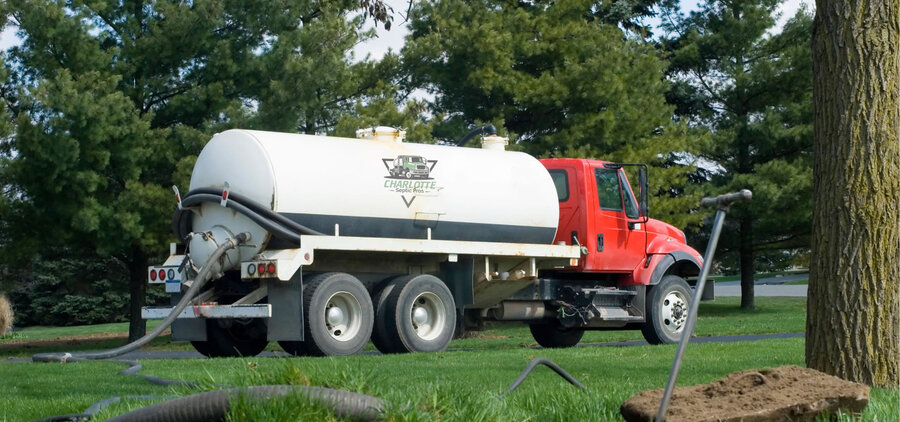
26
When it comes to deciding whether to replace or repair a septic system, there are several factors to consider. The age and condition of the system, the cost of repairs versus replacement, and the potential impact on the environment all play a role in the decision-making process.
One of the first things to consider is the age of the septic system. Most systems are designed to last between 20 and 30 years, although some may last longer with proper maintenance. If your system is approaching or exceeding its expected lifespan, it may be time to consider replacement rather than repair.
Another consideration is the condition of the system. If the tank or other components are severely damaged, replacement may be the only option. On the other hand, if the damage is minor, repair may be possible. For example, if the tank has a small crack, it may be possible to patch it rather than replace the entire tank.
Cost is also a significant factor in the decision to repair or replace a septic system. In general, repairs are less expensive than replacements, but this isn't always the case. Depending on the extent of the damage and the cost of materials and labor, repairs can quickly add up. In some cases, it may be more cost-effective to replace the entire system, especially if repairs are likely to be needed in the future.
Finally, it's important to consider the environmental impact of your decision. Septic systems play a critical role in treating wastewater and protecting the environment. If your system is failing or in need of repair, it can pose a threat to public health and the environment. In these cases, replacement may be necessary to ensure that the system is functioning properly.
If you're unsure whether your septic system needs repair or replacement, it's important to work with a reputable septic company. These professionals can assess the condition of your system, recommend repairs or replacements, and provide an estimate of the cost. They can also provide guidance on maintaining your system to help prevent future problems.
One of the most important aspects of septic system maintenance is regular septic tank pumping in Rock Hill, NC. The tank is designed to hold and treat wastewater, but it can become overloaded over time. As solids and other materials accumulate in the tank, they can clog the system and cause backups and other problems.
Septic tank pumping involves removing the wastewater and solids from the tank and disposing of them properly. The frequency of pumping depends on the size of the tank and the number of people in the household. In general, most tanks need to be pumped every three to five years. However, if you have a smaller tank or a larger household, more frequent pumping may be necessary.
Working with a reliable septic company like Charlotte Septic Pros is essential for proper septic tank pumping. These professionals have the equipment and expertise to safely and efficiently pump your tank and dispose of the wastewater and solids. They can also provide guidance on maintaining your system to help prevent future problems.
Deciding whether to repair or replace a septic system requires careful consideration of several factors. Age, condition, cost, and environmental impact all play a role in the decision-making process. Working with Charlotte Septic Pros can help ensure that your system is properly maintained and repaired or replaced when necessary.
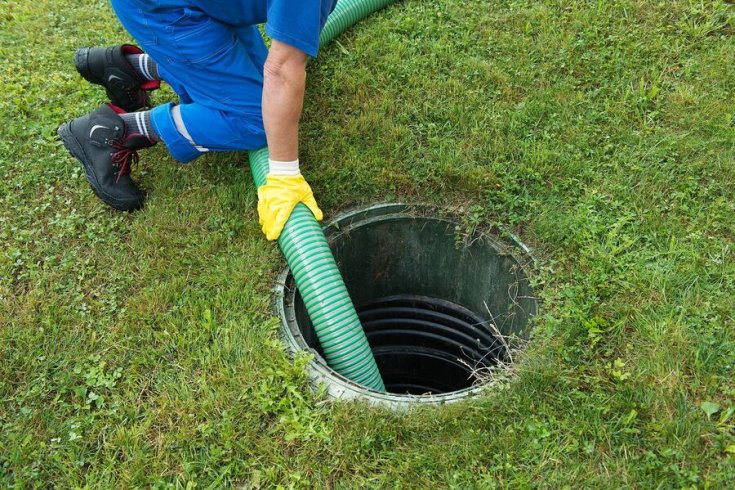
18
Reliable and Affordable Septic Services A properly functioning septic system is essential for any home or business that relies on…
Read more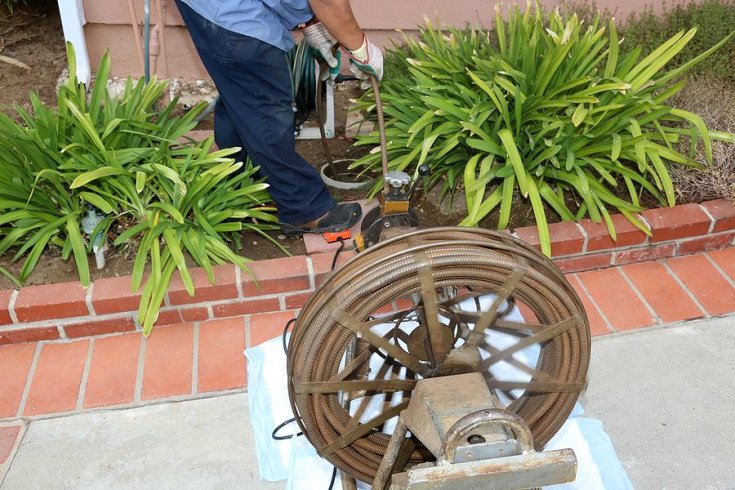
09
Signs and Solutions for a Failing Drain Field Your septic system plays a critical role in managing household wastewater, and…
Read more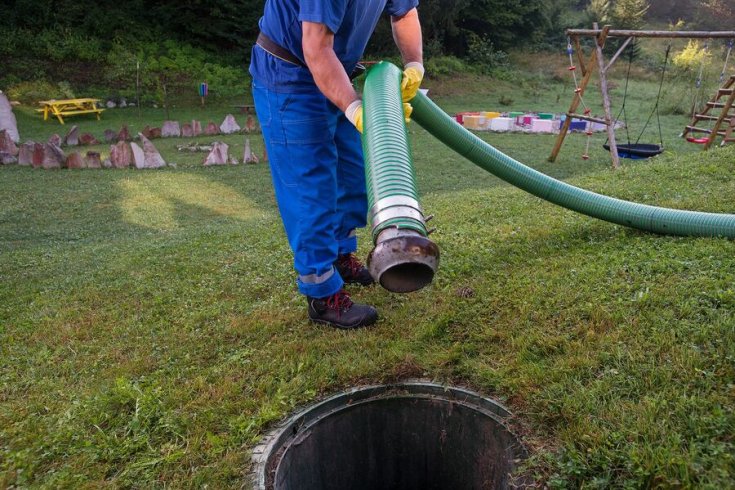
03
A Newbie’s Guide to Septic Pumping If you’re new to homeownership and have a septic system, you might be wondering…
Read more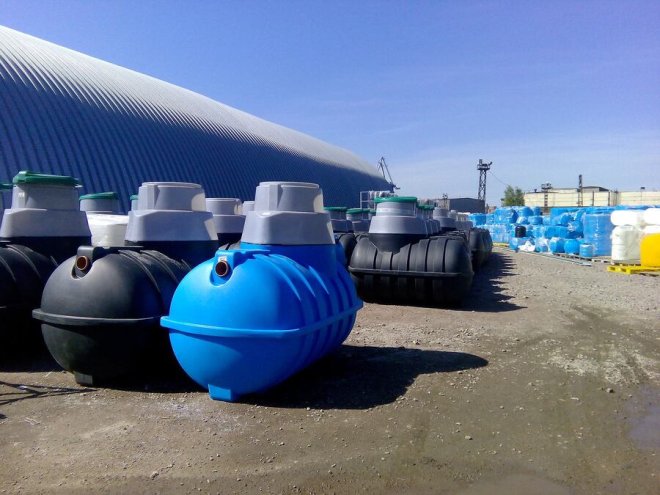
28
How to Prepare for Septic System Installation Installing a septic system is a major investment for any property that lacks…
Read more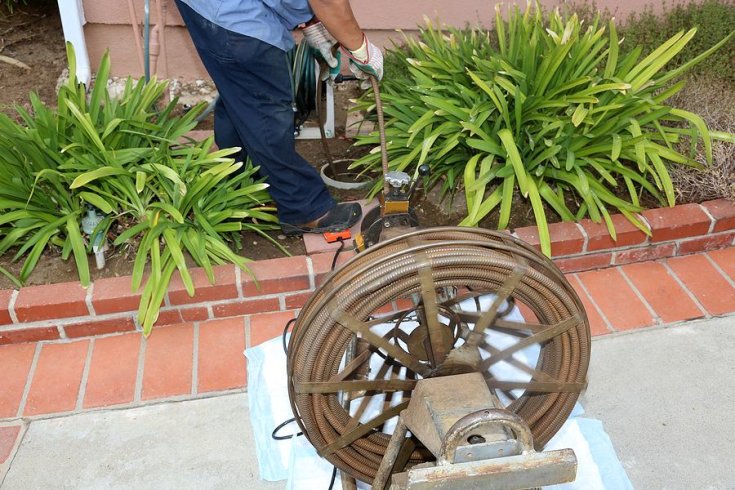
20
How Main Drain Cleaning Can Prevent Sewer Backups Sewer backups are one of the most unpleasant plumbing emergencies homeowners can…
Read more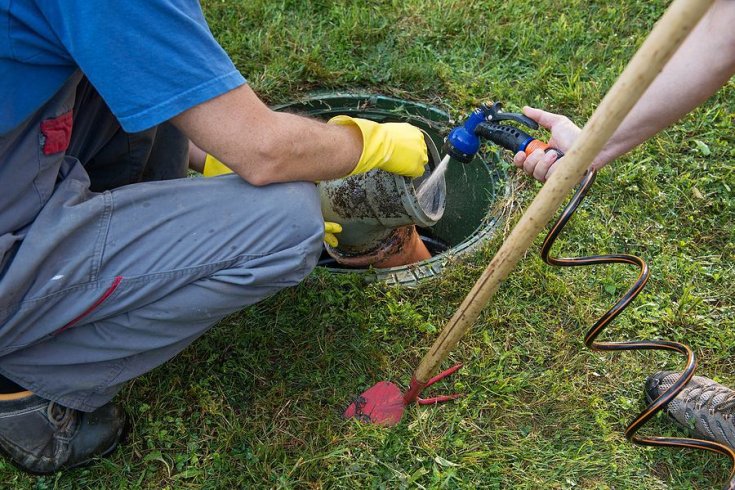
13
What to Do When You Have Drainage Problems Drainage problems can be frustrating and cause serious damage if left untreated.…
Read more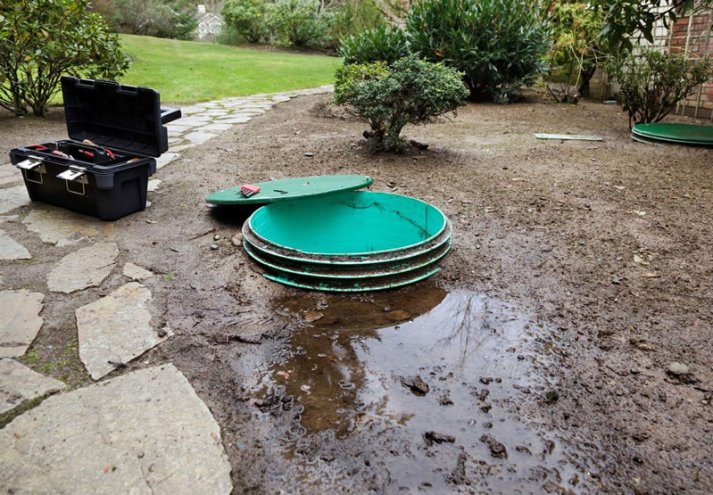
04
Signs and Causes of Septic Leaks A leaking septic system can pose serious health and environmental risks. If left untreated,…
Read more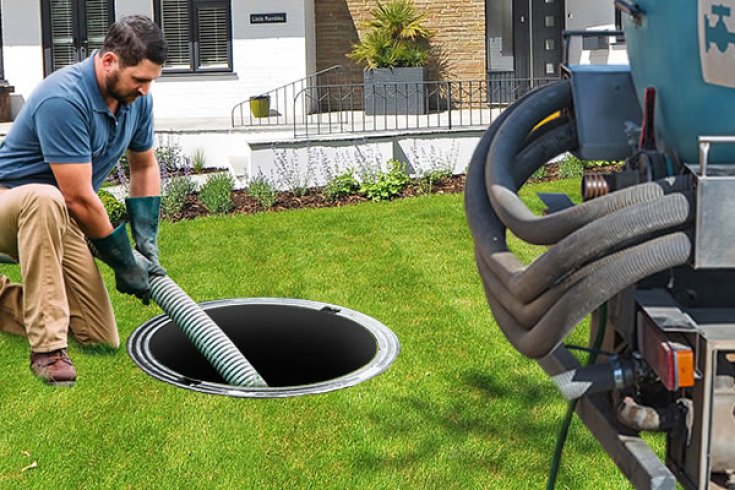
02
Unusual Septic Tank Blockages: Keeping Your Septic System Healthy A properly functioning septic system is crucial for any home or…
Read more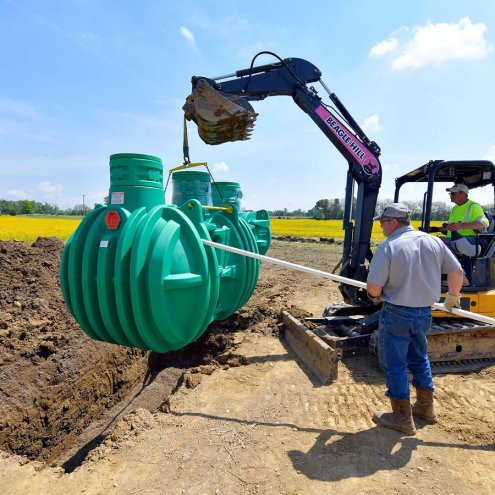
23
Seasonal Weather and Septic Systems Tank Your septic system plays a vital role in managing household wastewater, but seasonal weather…
Read more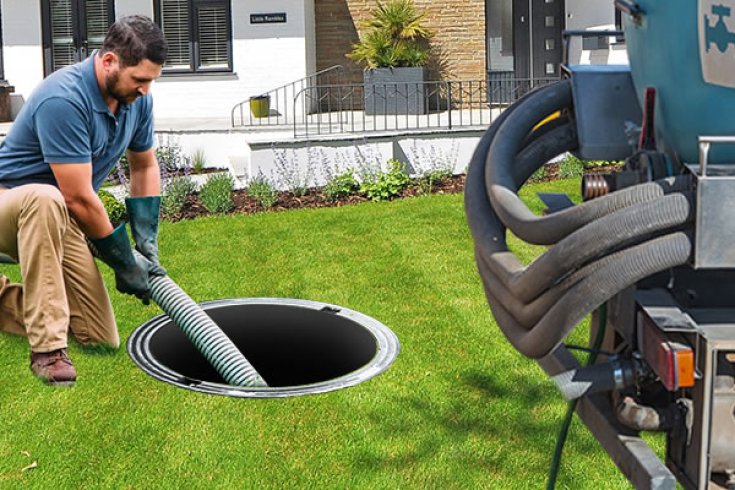
15
Why Toilet Paper Matters to Your Septic Tank Many homeowners don’t give much thought to their toilet paper—until it starts…
Read more